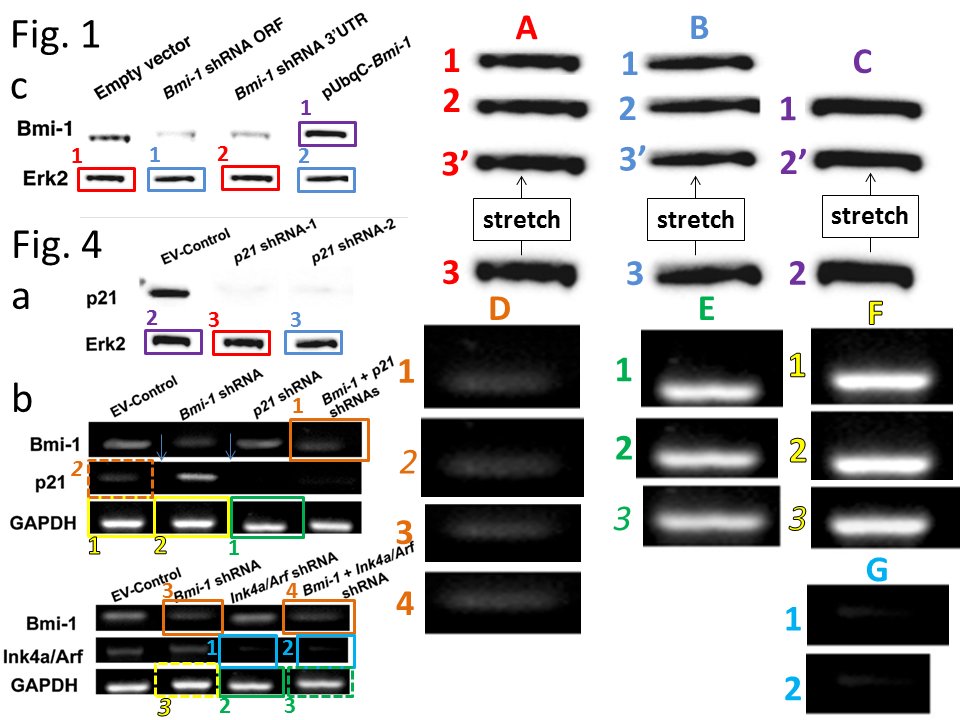Next up #SSP2023
Research Integrity: Stories of learning from overcoming mass retractions, systematic manipulation and research misconduct.
Hannah Smith @WileyGlobal
Yael Fitzpatrick @GazelleInDminor @PNASNews
Luigi Longobardi @LuigiLon @IEEEorg
Mike Streeter @WileyGlobal
Research Integrity: Stories of learning from overcoming mass retractions, systematic manipulation and research misconduct.
Hannah Smith @WileyGlobal
Yael Fitzpatrick @GazelleInDminor @PNASNews
Luigi Longobardi @LuigiLon @IEEEorg
Mike Streeter @WileyGlobal

The panelists all introduce themselves - they now work in research integrity at a publisher, but started in very different careers. It is a relatively new type of career, and often started with a volunteer role in ethics.
#SSP2023
#SSP2023
Each panelist will talk about their current job and how they deal with certain cases.
YF: The right thing to do is not always the easiest or most pleasant thing to do. Our journal suspected misconduct and rejected a manuscript, and we reported it to the institution.
#SSP2023
YF: The right thing to do is not always the easiest or most pleasant thing to do. Our journal suspected misconduct and rejected a manuscript, and we reported it to the institution.
#SSP2023
YF: Another case: A peer reviewer reported that a manuscript was submitted to two different publishers ( how to deal with that while respecting editorial confidentiality?
#SSP2023
#SSP2023
LL: @IEEEorg has retracted 1000s of conference abstracts, our org is currently responsible for 25% of all retractions. We received complaints about quality of certain conference abstracts and decided to investigate thoroughly (100,000 papers)
See: science.org/doi/10.1126/sc…
#SSP2023
See: science.org/doi/10.1126/sc…
#SSP2023
LL: we did not just retract these papers, we closed certain chapters and let certain volunteers go.
We now have much stricter quality requirements for new IEEE conferences and higher level of technical review.
But regaining trust will be a slow process.
#SSP2023
We now have much stricter quality requirements for new IEEE conferences and higher level of technical review.
But regaining trust will be a slow process.
#SSP2023
MS: Our story: we recently announced the retraction of hundreds of papers from our Hindawi portfolio because of suspicions of paper mill activity. This was a big effort, but transparency about these cases is important.
#SSP2023
retractionwatch.com/2022/09/28/exc…
retractionwatch.com/2023/04/05/wil…
#SSP2023
retractionwatch.com/2022/09/28/exc…
retractionwatch.com/2023/04/05/wil…
YF: Publishers can review, but not legally investigate, we cannot e.g. confiscate lab books. That is up to the research institutions. We also do not deal with the people behind allegations, but we deal with the scholarly record, the papers.
#SSP2023
#SSP2023
Q from the audience: how careful are you about sharing specifics on how e.g. paper mill activity was exposed? Sharing such details might alert fraudsters how to fraud better.
MS: we share that we found a paper mill, but we do not share all intelligence we have gained.
#SSP2023
MS: we share that we found a paper mill, but we do not share all intelligence we have gained.
#SSP2023
LL: It is frustrating that we retract papers, but cannot go after the people who make money off these paper mills. There is even Twitter account tweeting about social media advertisements: @fake_journals - but who uncovers these organizations?
#SSP2023
#SSP2023
Audience Q: Based on what you learned, how did your organization learn from that and now do differently?
YF: We focus more on e.g. tools to investigate image integrity.
MS: We introduced new screening tools and guidelines.
LL: AI tools will be both threat as opportunity.
#SSP2023
YF: We focus more on e.g. tools to investigate image integrity.
MS: We introduced new screening tools and guidelines.
LL: AI tools will be both threat as opportunity.
#SSP2023
Q: Does this increased screening include your preprint articles?
LL: Yes, we are looking into policies for that.
#SSP2023
LL: Yes, we are looking into policies for that.
#SSP2023
Q: What is the future of research integrity and what are you most excited about?
YF: There will be more bad stuff in the future. But I am excited that we will have increased tools of dealing with that.
#SSP2023
YF: There will be more bad stuff in the future. But I am excited that we will have increased tools of dealing with that.
#SSP2023
LL: There will be more paper mills in the future, but at least that will keep me employed!
MS: Standardization of workflow of the editorial process will increase screening. And I am excited about collaboration.
HS: Thank you all for your participation.
#SSP2023
MS: Standardization of workflow of the editorial process will increase screening. And I am excited about collaboration.
HS: Thank you all for your participation.
#SSP2023
• • •
Missing some Tweet in this thread? You can try to
force a refresh

 Read on Twitter
Read on Twitter













